Top Tips for Surviving Aggressive Interviews
The tricks journalists use in an aggressive interview are small in number and well known; and in reality, really aggressive interviews are rare. But if you think your spokesperson or you could be facing aggression here is a checklist of things to do or think about.
1. Rehearse your messages
As with all interviews, there is a need for rehearsed, thought through messages. Always ensure there is something credible to say.
2. Tough questions
Once you have your messages, work out what the tough questions are likely to be. Politicians and even senior bosses are in a much more difficult position than most because they can often be legitimately asked about a very wide range of subjects. For most others, the scope is more limited and anything outside the scope can be ‘closed down’ by simply explaining you are not the right person to answer the question.
3. Work out the answers!
Now you have worked out the tough questions, work out the answers but keep them as short as possible. These are called ‘reactive lines’ and are different to your messages. You don’t offer a reactive line unless asked the question.
4. Don’t lie
The hardest ‘reactive lines’ are the ones where you can’t tell the truth and you can’t lie. In my experience, there is always a way but it can take a few minutes to work it out. However tempting it is, never ever lie.
5. Beware the rabbit-punch
Beware the ‘rabbit punch’ question: a tough destabilising first question, often unexpectedly personal. It’s a technique that was often used by the now-retired UK journalist, Jeremy Paxman. A couple of his classics: to politician and former cabinet minister Ann Widdecombe ‘Were you a little in love with Michael Howard?’ To the Iranian ambassador ‘Sir, your country is lying to us isn’t it’. To deal with this you need to respond briefly and if appropriate with wit and then move on to saying something credible and relevant.
6. Slow down
If the questions get tough, slow down your answers, it will give you more thinking time.
7. Avoid jargon
Do not start using jargon and technical language; you will immediately lose the sympathy of the audience.
8. Be reasonable
Stay reasonable, even if the journalist isn’t, and be humble.
9. Say sorry
If you have made a mistake admit it and say sorry.
10. Don’t say ”you’re wrong”
Don’t fight with the journalist. It’s better not to say ‘you’ at all i.e. don’t say, ‘you are wrong’, ‘I don’t know where you got that number from’, ‘you guys are all the same’, etc. If you make it personal the journalist is likely to increase their aggression. Your job is to stay reasonable and professional. In this recent Sky News interview Kay Burley uses that classic question, ‘if nothing was wrong before, why are you fixing it’. Note that Nick Varney, the CEO of Merlin Entertainment, the owners of Alton Towers, never loses his cool.




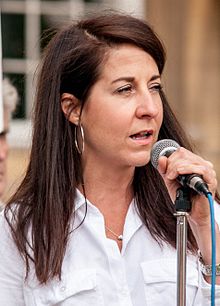

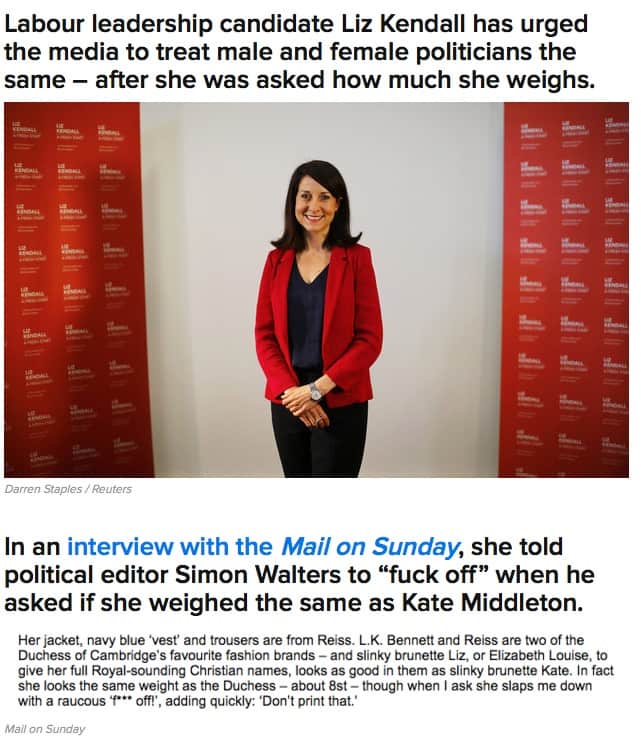
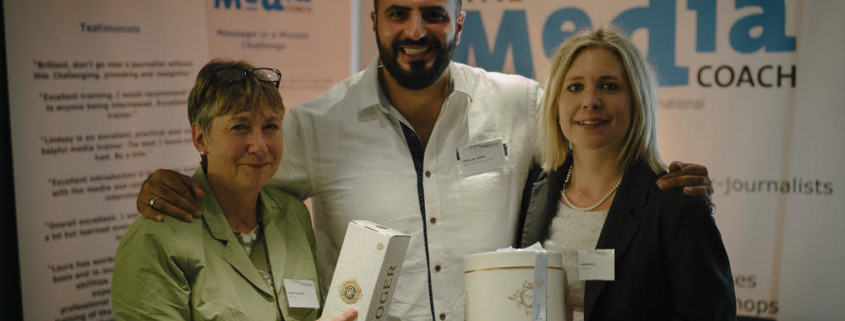
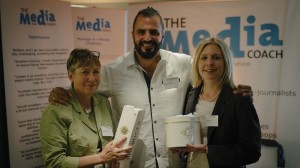




 Huffington Post is the second most used brand for online news globally behind Yahoo, which tops the league mainly because it is used by more than half of all Japanese people. BBC and MSN come joint third.
Huffington Post is the second most used brand for online news globally behind Yahoo, which tops the league mainly because it is used by more than half of all Japanese people. BBC and MSN come joint third.




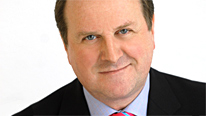


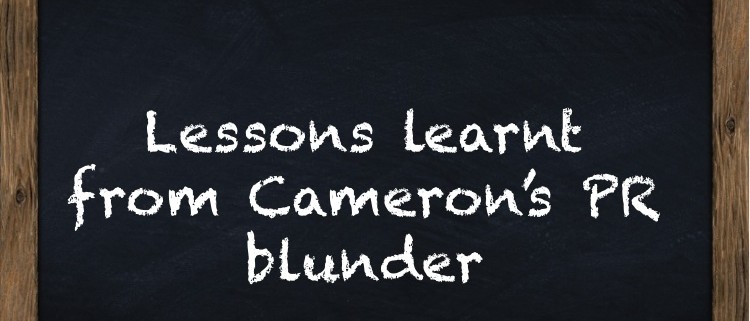
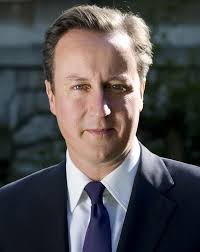 UK Prime Minister David Cameron’s comments, that if re-elected in May he would not seek a third term in office in five years time, is the lead story in all the main British newspapers today and on radio and television. It was definitely a scoop for BBC’s James Landale who was conducting a ‘cosy’ behind the scenes interview in the PM’s kitchen at the time.
UK Prime Minister David Cameron’s comments, that if re-elected in May he would not seek a third term in office in five years time, is the lead story in all the main British newspapers today and on radio and television. It was definitely a scoop for BBC’s James Landale who was conducting a ‘cosy’ behind the scenes interview in the PM’s kitchen at the time.




